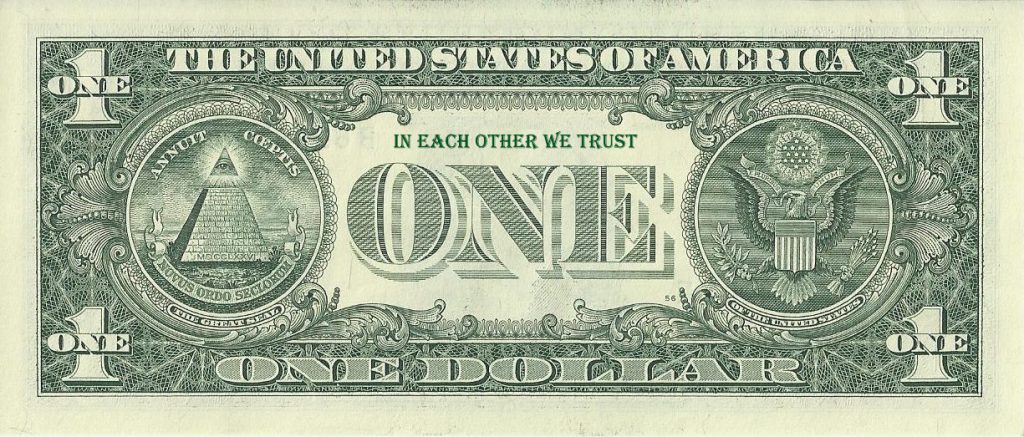I: Modernity
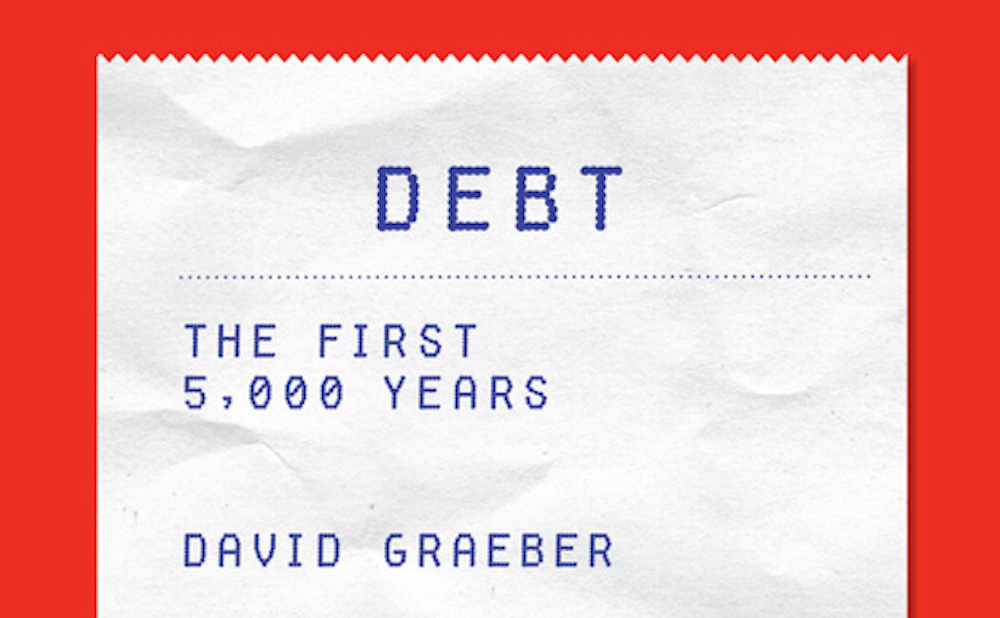
In his book Debt: The First 5000 Years, David Graeber sums up capitalism with a powerful picture which has stuck in my mind. He sets the stage in the late Middle Ages, which ended roughly around 1450 AD, during which the seeds for our modern financial world order were sown. In that era, executive power still mostly rested with a warmongering monarch whose sovereignty rested on conquest of land and resources. At the same time, however, a great deal of new power came from the nascent global marketplace, in which merchants, stock brokers, and everyday citizens could make shiploads of money by investing collectively. The Silk Road and the Amsterdam Stock Exchange, for example, were not created by a single person in charge, but by groups of people pooling their resources for collective payoff. This was novel because an everyday citizen could buy stock in, say, the Dutch East India Company, and simply watch their money grow as the company’s successful overseas trade machine reaped more and more rewards. Lastly, Graeber points out a vastly overlooked X-factor: religion. Though they are different, there is a core belief which Christianity, Islam, Buddhism, and other dominant religions shared: that there is a world beyond our physical world, and that the goal of life is to connect to that world. Whether or not everyone actually believed this, the mindset paralleled the marketplace in that both sought to emphasize immaterial things (e.g., the eternal soul and financial derivatives) over physical things (e.g., idols and gold ingots). In fact, Graeber uses the trajectory of this very belief to define for himself when the “Middle Ages” start and conclude. Mix together monarchs, stock markets, and religions in a bowl. Stir until bubbly, and the result, to me, is the cycle of perpetual debt and ballooning wealth which still defines our financial world today. It is strongly paralleled by the Faustian bargain of endless change central to Marshall Berman’s origin story of modernity in his seminal All That Is Solid Melts Into Air.
The exemplar of this Age was Sinbad the Sailor. A creation of legend from the beginning, generational re-tellings have shapeshifted his image from a working-class merchant to a swashbuckling adventurer (because come on, who wins the popularity contest?) According to the Thousand and One Nights, Sinbad retires to a life of leisure, surrounded by treasure and dancing women on an enormous estate, recounting tales of his life of adventure to visitors. This career move, getting out of the perpetual hustle, is described by Graeber as “cashing in the chips.”
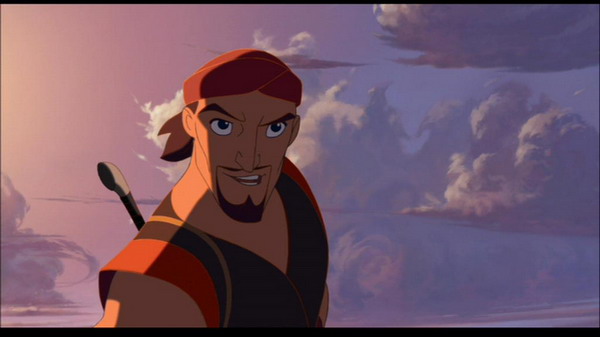
I was strongly affected by the image of modern life as a casino. We are born on an endless carousel ride, which we both power and enjoy with our nine-to-fives, 401(k)s, and charitable donations. However, the secret to really enjoying life is to get off the carousel at just the right moment: early enough to enjoy more time not working, but late enough that you’ve saved enough to spend in retirement. We have all heard this cliche in commercials for life insurance or annuities. “Cashing in the chips” is our ticket out of there.
II: Communism
But our time in the casino isn’t for our individual benefit only. Whenever we pay taxes or produce a good or service, we are actually doing it for people whom we most likely haven’t met. When I design an office building, I do not know the people working in the factory that produces the windows, nor do I even know the building’s future tenants. Likewise, the building’s future tenant will never have met the person who made the keyboard she’s typing on, nor will she know the farmer who grew the rice she got for lunch at Dig Inn. We all rely on a complex global system to find a place for everyone wishing to produce something, and everyone wishing to consume something. Whether or not that system needs more or less regulation is another debate: what I want to emphasize is the collective, cooperative spirit that makes it possible in the first place. Graeber gives this economic trust between strangers a simple name: communism.
Communism, as defined in Debt, is what allows me to do work for my community (be that my neighborhood or the human race) without asking for anything in return. It stops me from grabbing a weapon to threaten my neighbor to pay me back the money he owes me. Think of the last time you got dinner with a friend. You split the check down the middle with two credit cards. Now, did you study the bill and count exactly how much each person has spent on food? No, because that difference is less important than the gesture of good will, the very wellspring of cooperation which sets our species apart. Do parents ask their children to pay them back for all of their work when the kid turns 18? Unless you’re an economist, that sounds crazy. If I buy a $1 bag of chips, I cannot then go and exchange it for a phone call or a stamp.
The same is true at large scales. When Samuel J. Tilden bequeaths over $2 million to help fund the construction of the New York Public Library, he cannot later ask that the building be demolished and the cash returned to them (mostly because he’d be dead). When Oprah Winfrey gives $40 million for educational causes, she should expect nothing in return. There is a whole other conversation to be had nowadays about the erosive influence of billionaires on democratic processes (see: Winners Take All by Anand Giridharadas), but if kept in check, the act of charitable giving has the same roots in communism. This may seem anathema to capitalism, which sees the entire world in numbers of monetary value like Neo sees the Matrix in binary, but they are actually two sides of the same coin (no pun intended).
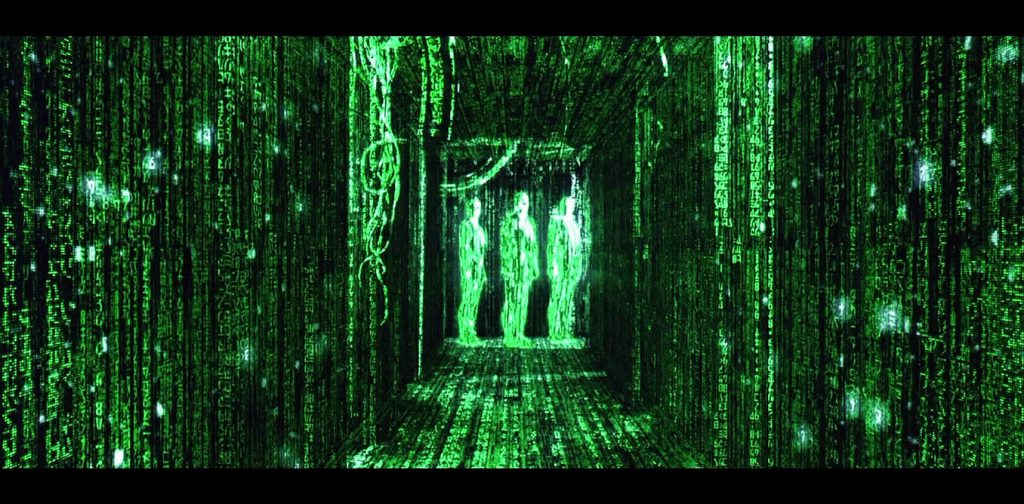
Which brings me to the misunderstood American Dream. Most people define the American Dream in two parts: 1) start from nothing, then 2) build a fortune with entrepreneurial grit. But a healthy economy requires a balance of earning and spending. You must pass on the all-powerful government debt in order to fully enjoy the fruits of your labor. Dollars are not an end in themselves; you must cash in the chips. The moment you 3) recirculate your money back to society is, for me, the moment the American Dream is fulfilled.
III: Karma
In my college years, I adhered to a concept of which everyone has a working understanding. Karma (if you’ll allow me to summarize it perilously short beyond better ones here and here) conceptualizes the world through actions and their consequences. Everything you do will have an effect on something else out there in the universe, and everything the universe does will in some measure effect you. Karma implores the individual to take their actions seriously, to consider them carefully, and execute them with intention and presence. It forces one to see the world as more homogeneous than at first glance, more like a pool of existence through which actions propagate like ripples in water. When I do something, it spreads outward in all directions, animating every adjacent molecule, eventually reaching the far end of the world, and maybe even returning to me. And even then, the wave doesn’t stop. It passes through me and continues traveling through the animated universe. In this pool, nothing is permanent, no object remains in one state forever, so therefore it’s pointless to become attached. Do not hoard things which appear valuable. Recirculate them as soon as you can. Then, when things come to you, remember that they haven’t necessarily come from nothing (like so-called “government handouts”), nor necessarily from your own previous actions (like thinking “I worked hard and I earned this”). Rather, this thing is just passing through you on its tour of the universe.

That sounds awfully similar to capitalism, doesn’t it? Replace “action” with “dollar,” for example, and the idea still holds. The fact that a religion and an economic system are a nudge away from swapping places was a revelation for me. Karma and capital conceptualize the world in oddly similar ways:
- The entire universe can be broken down into some abstract medium X,
- Which is different from the world as it appears to us Y,
- The best way to exist is to allow X to flow continuously through Y.
III: Two Minus Two Equals Two
We do not hold dollar bills in our pockets because the paper is important to us. We only hold onto them when we need to exchange them for something we need which someone else has made for us. Take a dollar bill, or a coin, out of your pocket and study it for a moment. It has probably passed through dozens or hundreds of hands over the course of its life, propagating through the capitalist universe like a ripple, tilting fortunes up and down, masquerading as a bag of chips one day, a bus fare another day, or a gesture of goodwill another day. A dollar, like a karmic action, is a proxy for human cooperation, a token of trust, a reminder of consequences. It’s not important what your current occupation is, but rather the deeds you do. It’s not important the stuff you have, but rather their monetary value. Physical substance is not important, nothing is permanent.
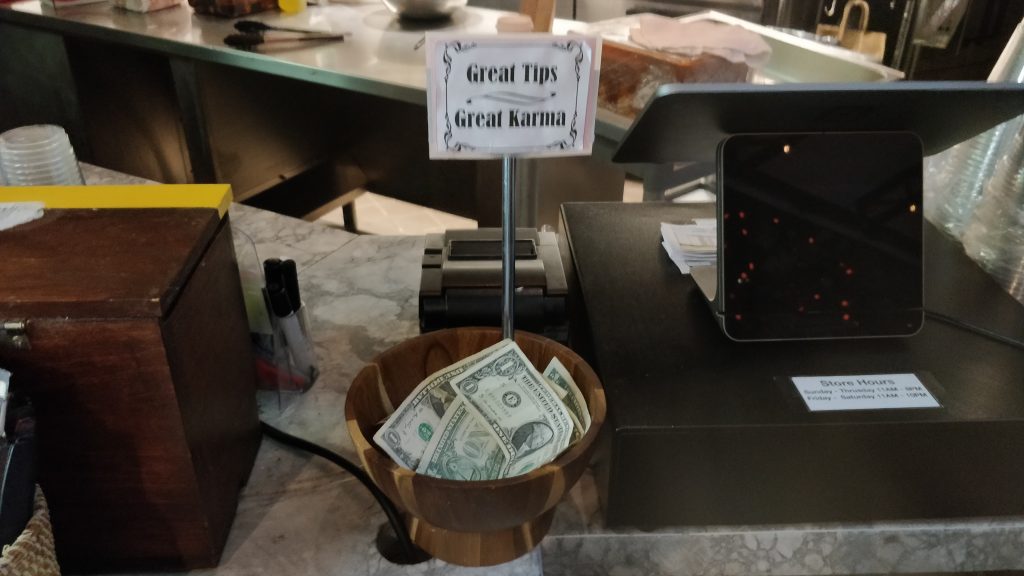
Why am I talking about this? Because I think capitalism needs a fresh injection of karma. It needs a slap across the face to remind its adherents of the need for BOTH individual action AND collective cooperation. If we combine the economic imperative to keep goods and services flowing without keeping strict tabs with the moral imperative to disassociate our possessions from our identities, we get great public works. Great public works include both the multimillion-dollar public libraries and non-corrupt, volunteer-powered community boards and parks. The last great round of these kinds of works, in my opinion, was about 100 years ago (thanks to the Great Depression). Will it ever happen again? Nowadays, large-scale works are mostly built by the private sector, for the public; instead of by the public, for the public. Are the richest people in the world right now hoarding, or gifting? All signs point to the former, unfortunately. What will we need to do, concretely, in order to re-empower citizens to properly participate in the making of their cities? Do we need to re-label the dollar bill?
